Lauren Renlund is a Registered Canadian Dietician who also has lived with IBS for the last five years. Because of her diagnosis, the Edmonton, Alberta resident has become an IBS specialist. Focusing on digestive health. She advises clients on their diet and lifestyle, runs a website dedicated to the Low FODMAP diet, has written a cookbook for this diet, The 28-Day Plan for IBS Relief and hosts an online support group geared toward Canadians with IBS.
Can you talk a little bit about your journey and how it first started? What was that like getting diagnosed with IBS? And also, what was that experience like for you in the initial years of it?
It's a journey. It was tough in the beginning. For me, I had maybe some mild IBS symptoms as a teenager and young adult. But it wasn't until 2014 when I was in grad school. I was working on my master’s, the first fall of my program and I had contracted a really bad gut bug. I was sick for over a week with horrible digestive symptoms. It was awful.
Afterward, my gut was just never the same. I had pretty bad IBS symptoms, even after I had fought off the gut bug. I was supposed to be back to normal. But I was grateful that I had a good family doctor on campus who I worked with, and she was familiar with what we call post-infectious IBS. A significant percentage of people with IBS develop it after having an infection.
So for me, I was lucky that I got diagnosed pretty quickly because for other people it might take months to get diagnosed. But even with a diagnosis and knowing what was going on, it was still hard. My family doctor was great, but she couldn't offer much to me aside from some medications. They didn't work great for me, because I have IBS mixed, which is a mix of symptoms, which can be trickier to manage. So I felt like I was sort of on my own and that's when I started trying to use nutrition to manage my symptoms.
For people not familiar with IBS, can you explain the impact on your daily life?
Absolutely. IBS can be so different for every person who has it, and it can have a variety of different digestive symptoms ranging from mild to severe, and some of the most common symptoms are changes to your bowel movements: constipation or diarrhea, or both. You go through the whole range of it and also other issues like lower digestive symptoms are common. Gas and bloating, pain and cramping are some of the most common symptoms. But along with that, it's also very common for people with IBS to experience things like fatigue, trouble sleeping and it's even being connected to anxiety and depression. So it can really have a big impact on your whole life, not just your gut.
Was this experience something that influenced your path to becoming a registered dietician?
Yeah, it did. I had always thought that I would go into public health and community health, and I still do work in that area today. I had this experience at the start of my Master's of Public Health. But then it gave me a better appreciation for more clinical nutrition and especially digestive health.
It made me realize just how much of an impact these digestive symptoms can have on someone's life. But then also, at the same time, how much impact nutrition can then have on IBS and other digestive symptoms. Nowadays, a lot of people are interested in talking about digestive health, but back in 2014, it was really hard to find resources in this area. I felt so alone. So it motivated me. As soon as I had graduated, and became a dietitian, I started my website.

What would you say are some of the biggest myths or misconceptions that you encounter from the general public and also the medical community about IBS?
I think there's a lot of them. Because IBS is not life-threatening. This is great because it's, not like colon cancer, something that can be quite dangerous. But just because it's not life-threatening doesn't mean it's not seriously impacting someone's life. So I think I have seen that sometimes in the medical community (and I can have this perspective too, as a health professional) where we can put more urgency and more care into something life-threatening and that becomes a big priority.
But unfortunately, that means that sometimes IBS can get pushed to the side and isn't treated as a priority, even if it's impacting someone's life, and maybe even their mental health and sometimes their physical health as well.
Even if it's not life-threatening, that doesn't mean that people might unintentionally lose weight because they aren't eating enough. They might develop nutrient deficiencies if they're avoiding certain foods. It definitely can still have an impact. I think that probably one of the biggest misconceptions is that it's just no big deal or that it's just sort of a joke. Someone just gets gassy sometimes.
What is FODMAP? Many of us don't even know what the acronym stands for.
Absolutely. I find that a lot of people are still new to it because it is based on relatively new research. The acronym FODMAP stands for a certain category of carbohydrates that are more common triggers for IBS. They are highly fermentable in the gut, which means that they can potentially cause a lot of gas and bloating. They can also potentially draw too much water into the gut, which can lead to diarrhea.
You'll see why we call it FODMAP because the names are so long. It stands for fermentable, oligosaccharides, disaccharides, monosaccharides and polyols. You don't have to memorize that! All that means is that these certain carbohydrates are fermentable and people with IBS might be particularly sensitive to them. They might have some food intolerances to them and it might be making their IBS symptoms worse.
Some very smart researchers in Australia identified these different carbohydrates as potential triggers for IBS symptoms. They group them and they created a diet which they call the Low FODMAP diet. It's an elimination-style diet, which means that it's not a weight loss diet, it's not some sort of trendy diet, it is a medical diet that is designed to help manage IBS symptoms and identify food triggers.
I always want to emphasize that it's a medical diet that's meant to be done with the help of health professionals. It's also not a lifelong long-term diet. It's meant to be an elimination diet which essentially means that you're cutting out a certain group of foods for a short period of time.
Then hopefully, symptoms will improve as they do for over three out of four people with IBS on the diet. Then you will go and you'll test eat food, systematically one by one, to figure out exactly which ones trigger symptoms. Because the good news is for the majority of people with IBS, not all of them are symptom triggers. So after they complete the diet, they can usually add some foods back to increase variety.
That's great to know. I like that you highlighted that this is not a long-term lifestyle where all of these foods are completely off-limits for the rest of your life.
I see that misconception a lot online where people are afraid they won't be able to ever eat these foods again and that's not true.
The interesting thing, when I was looking at the list of what's on the list of high, I guess you would call them high FODMAP foods, a lot of them are healthy foods, it's not that these are unhealthy foods, it's more so that these may be a trigger for IBS?
Exactly, you got it just right. We're not saying that these foods are bad for you, they're not going to damage your gut, anything like that. We're just trying to figure out systematically, exactly which foods are triggering symptoms. For some people, it might be healthy foods, like onion or garlic or apples.
Did you personally, on this low FODMAP journey, find some foods that are more triggering for you and others you could incorporate back into your diet.
I did. I was very relieved to find that not all of them were big triggers. Also, one of the most important things on the diet is serving size and quantity. This isn’t like a peanut allergy where you have a small amount and it causes a reaction. We call FODMAP foods dose-dependent, which just means the more you eat, the more symptoms you're more likely going to have.
For most of these foods, I found that I could have a small amount and be okay, but I learned exactly how much was the limit before it sort of tipped me over the edge and started causing trouble.

On your website, you include a lot of recipes and you've also written a cookbook with low FODMAP foods, tell us about that.
That was a great experience. It came out just about two years ago. I wrote it with a friend of mine, a fellow dietitian. Audrey Inouye. And we loved writing this book because I think we wanted to show that even if you have IBS, even if you have to be on a restricted diet, you can still eat delicious foods.
That's cool because I feel like the number of foods this could eliminate from your diet can be quite challenging, especially, to begin with, right?
I hear that from so many people that they almost don't know where to start. I think a lot of people also focus so much on the list of foods not to eat, instead of all the foods that are okay to eat. I teach people that it's great if you can take your favourite family recipes and just make some little swaps to make it easier and make it low FODMAP. Take out the garlic, maybe add some other flavours instead.
For some people that can be overwhelming. So in our cookbook, we decided to have a bunch of delicious recipes and also a four-week meal plan in case people had no idea where to start with it.
How can people incorporate the low FODMAP diet into their lifestyle if they're also trying to work-out and tone up and build muscle? Are the two mutually exclusive or can they both exist at the same time?
They can exist at the same time. I think that there's plenty of healthy foods and high protein foods, nutritious foods that you can eat on the low FODMAP diet. I do often encourage people with IBS, that if they're starting the low FODMAP diet, this is a big change, this is a lot of work.
This should maybe be your number one priority and then once you've adapted to it, maybe think a little bit more about some other health goals. But you can still be lifting weights, running or whatever your exercise passion might be, while you're doing this.
Switching from the IBS topic for a moment, are there any mistakes that you would like to see us stop making when it comes to losing weight and trying to work-out and put on muscle? Are there common things that we do wrong?
What I see most often, and it's sort of similar to IBS, is that people get caught up on what foods to avoid or what foods not to eat. They focus too much on cutting out certain foods, limiting their favourite foods and not enough on adding in more healthy foods. I think that it's better for your body, and also your mental health to focus on all the delicious, healthy foods you can eat.
Rather than having the negative approach and saying ;I can't eat this anymore. I'm not gonna eat chocolate’ or whatever your favourite food is. I think that approach is likely to make you miserable. But if you focus on trying to incorporate more vegetables, or trying to have more fruit, or trying a new salad recipe every week, it can help. Focusing on all the awesome healthy foods you can eat and trying to make healthy foods taste good should be the priority. I think that's one of the best approaches.
Related to that, I think a lot of people don't eat enough fibre. We now know how important fibre is, not just for our gut, but for our whole bodies. Eating plenty of foods with fibre feeds our healthy gut bacteria. We know how important a healthy gut microbiome is, not just for digestive health, but potentially for weight management as well. So we want to make sure we're eating plenty of fibre foods. That's plant foods like vegetables, fruits, beans, lentils, nuts, seeds, and whole grains.
Are there any foods that you particularly like that get overlooked but are great options and good nutrition-wise and taste-wise?
Honestly, I think I'm going to say fruit. I think a lot of people are so quick to demonise fruit because it's sweeter than vegetables. But in reality, the amount of sugar in a piece of fruit is quite low compared to our modern processed sweets. Fruits have all the same important nutrients like vitamins, minerals, phytochemicals that vegetables do, and lots of fibre in them. So I think you can absolutely eat healthily, manage your weight and still have fruit in your diet.
You mentioned the gut biome, and I was wondering if you have any tips for us helping maintain a healthy gut biome.
Probiotic pills can have some benefits, especially for certain digestive symptoms, they might be helpful. Many people don't realise we already have our little army of gut bacteria in our guts. I think it's important to nurture our already existing gut bacteria, rather than just taking a single pill that's just like sort of a drop in the ocean, right compared to what we already have. So eating a variety of plant foods, including those fibre foods, you're gonna get lots of what we call pre-biotics that way.
Prebiotics are essentially food for the healthy probiotics that are in your gut. So that's having lots of plant foods, but you can also buy supplements that have prebiotic fibre in them.
Personally, the one that I take and one that I recommend is called fibre for IBS. Because it is a fibre supplement that is low fermentable. So it's not very likely to trigger IBS symptoms, compared to certain types of fibre, such as inulin, also called chicory root extract, which we see in a lot of fibre bars. That's a very fermentable fibre. So for people with IBS, it can be a huge symptom trigger.
You mentioned fermentable foods, and I'm wondering if you could explain for people that don't suffer from IBS. are these also foods that we should look to eliminate? Or if we don't have symptoms, are they fine and nutritious and things that we should keep eating?
Really good questions. These foods are fermentable. If you don't have IBS, if they don't give you symptoms, keep on eating it. Because part of what fermentable means is that the gut bacteria are eating it and creating gas. So for people with IBS, who might have a very sensitive gut, that increase in gas might trigger the pain nerves in the gut, whereas someone without IBS might feel fine.
Fermentable foods are healthy and totally fine to eat. I will say, though, that sometimes I meet people who start buying these fibre bars and start eating a couple per day and sort of go from zero to 100 with fibre and suddenly start getting gassy. They wonder, ‘Oh my gosh, do I have IBS?’ No, I think you are just overdoing it a bit. I think with fibre it's best to increase it slowly while drinking lots of water.
I think that's a really important distinction that you make there because there is a difference between just normal body function gas and that feeling when you know, something has triggered something wrong, and your body is overstimulated with this trigger? Am I describing it correctly?
Yes, some gas is normal. We're humans. We all pass gas. If we weren't passing any, then I'd be very concerned about your digestive system. It wouldn't be working! Even bloating, we all naturally feel a little bit bloated after meals. Because we just ate some food, it's going through the digestion process. It's not until we have significant changes to our digestive system, that is impacting your life and lasting long-term that it may be related to IBS.
I encourage anyone experiencing any digestive symptoms more than just occasionally to talk to their doctor. You want to get diagnosed, you don't want to assume you have IBS because there are other digestive conditions out there. IBS is one of the most common, but you just want to know for sure what's going on before you try to treat it.
I wanted to ask you when you were describing your cookbook. I'm really curious, do you have any favourite or standout recipes that you could kind of describe to us?
Honestly, we have so many family favourite recipes in there, that it's hard for me to choose a single favourite. I'm someone who always has my cookbook in my kitchen because I referenced it all the time.
It's great to have a collection of my favourite recipes. I will say that one of them is adapted from my dad's recipe for Maple Mustard Salmon. It's a great one that you just make this really simple sauce. You pop it in the oven, it comes out super great. It's a really easy salmon recipe, especially for someone new to cooking fish, and they don't want to overcook it, because that's when fish starts to not taste so good.

What's your advice for somebody who might be feeling overwhelmed with trying to maybe start a new workout or start a new nutrition program? How do you go about maintaining those healthy habits for the long-term?
I think that it's important to remember you don't have to do everything at once. Just because it's the new year doesn't mean it has to be the new you. It's okay to take it one step at a time. I think it's healthier to go that way. We know that people often maintain habits long-term when they slowly add on healthy habits instead of just trying to change everything at once.
So maybe, instead of making a huge goal, like ‘Oh, I'm going to change my life and be ripped by summer,’ or ‘I'm going to lose X amount of pounds in only a month,’ maybe just take a look at what you're currently eating and think like, ‘Hmm, you know what, maybe it would be good if I start eating breakfast’ or ‘I'm going to try to eat some fruits instead of sweet foods for snacks.’ Maybe you know that you don't drink a lot of water. That might become a priority. Cut down on those sweetened drinks and have more water.
It can be such a great feeling when we make those small goals and achieve them. Then it can become a snowball effect that accumulates over time and then we can add on more of those healthy habits.
I also want to mention that you don't have to do it alone. There are so many dietitians out there. In Canada, a lot of dietitians will work not just in hospitals, but also, for example, like in Ontario, it's called Family Health Teams, in Alberta, it's called Primary Care Networks. Often, your doctor can refer you to a dietitian, or if you're not in one of those networks there's also plenty of dietitians who see clients privately. If you go to the Dieticians of Canada website dieticians.ca, you can search for a dietitian in your area or a dietitian who specialises in whatever area you want to learn more about.
Where can people find you online if they'd like to follow you and know more about your recipes and cookbook?
My website is my name, LaurenRenlund.com. You can find me on Facebook at Lauren Redland, RD, I believe on Pinterest and Instagram, I'm @TheTummyTroublesDietitian. Also, on Facebook, I have a Facebook group I run and I have other dieticians who helped me called Low FODMAP Canadians, which is a free support group for anyone who has IBS and wants to learn more about the low FODMAP diet. They can join for free and get recipe tips, all sorts of things.
Finally, on my website, you can find a free Low FODMAP grocery list and can also sign up for my email newsletter to get regular IBS tips. I'd also recommend anyone who wants to learn more about IBS to sign up for my newsletter as I'm working on creating an online course for people with IBS, a five-step program to learn how to identify their triggers and to learn how to manage their IBS using food.
Thank you for giving so many useful tips. I think anyone that's suffering could use it and it's so good to hear that there are options and actionable things that we can do for ourselves.
Absolutely. I just really want anyone with IBS to know that they aren't alone. I think digestive health and digestive diseases can be lonely. It's sort of like mental health where we don't often talk about it, but we're not alone and don't have to suffer alone. There's a lot of options out there.


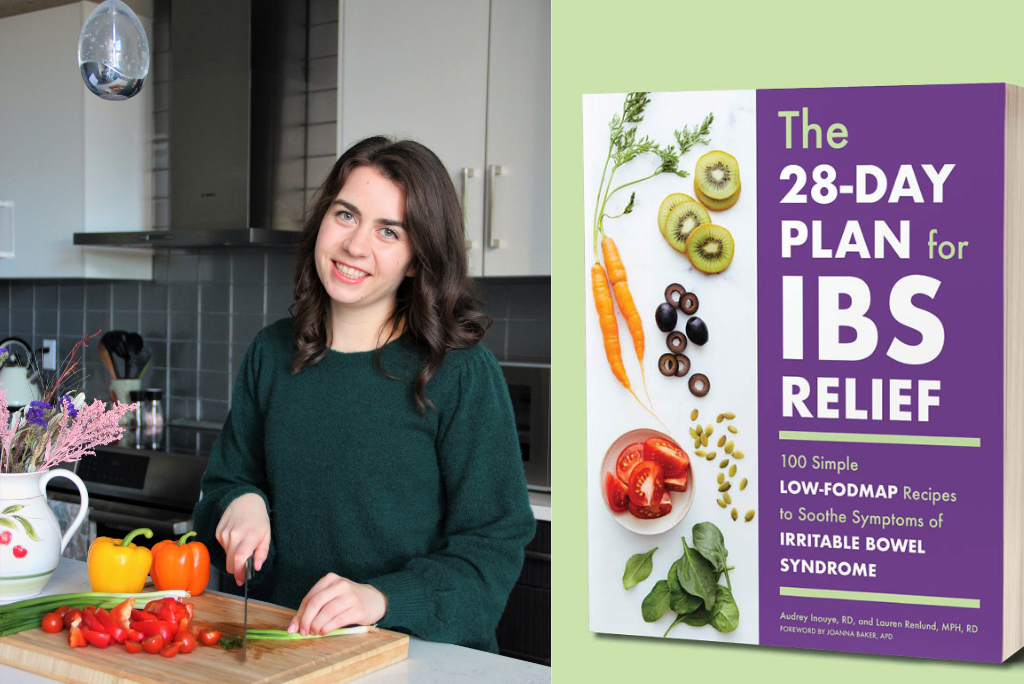


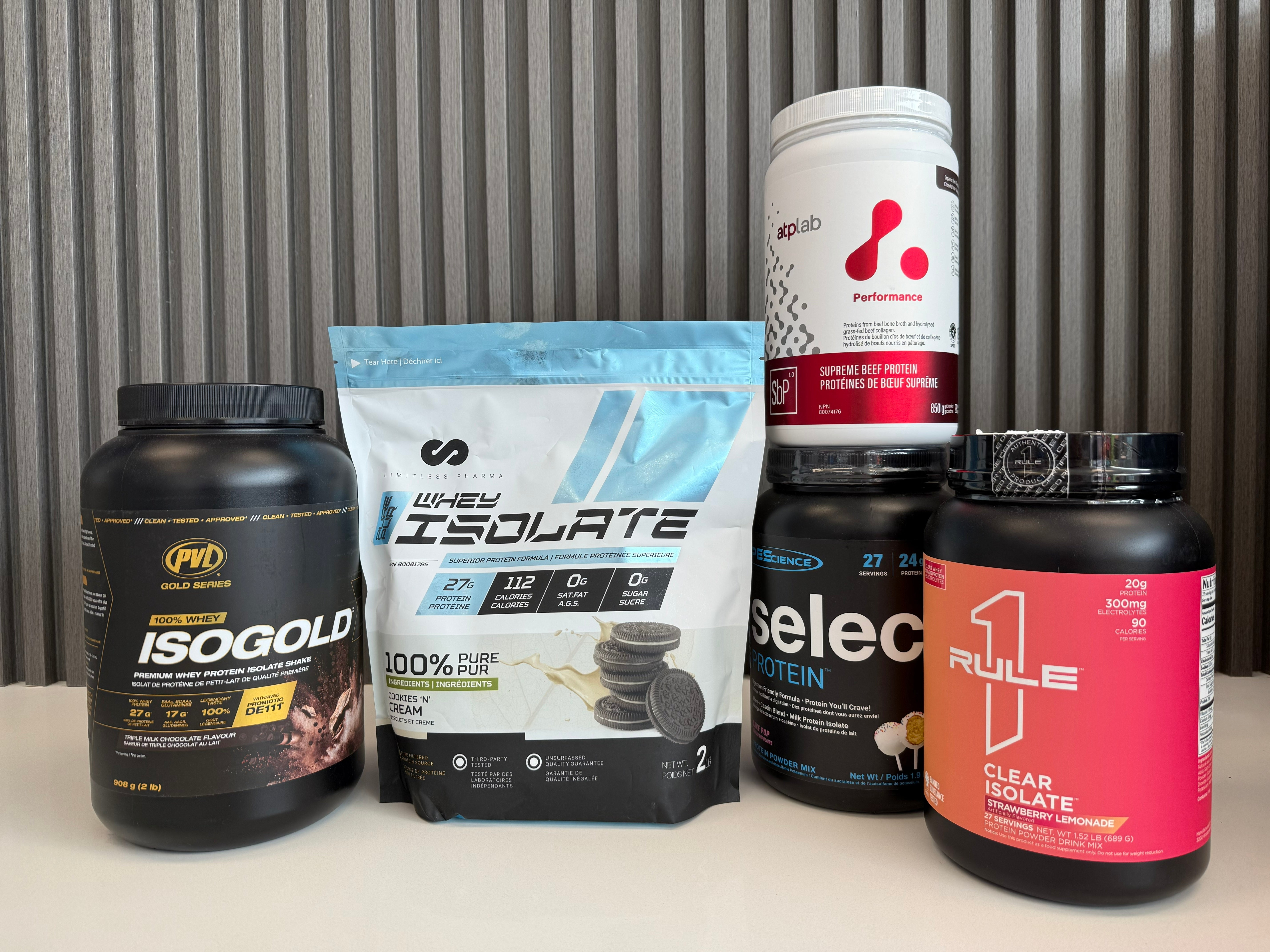
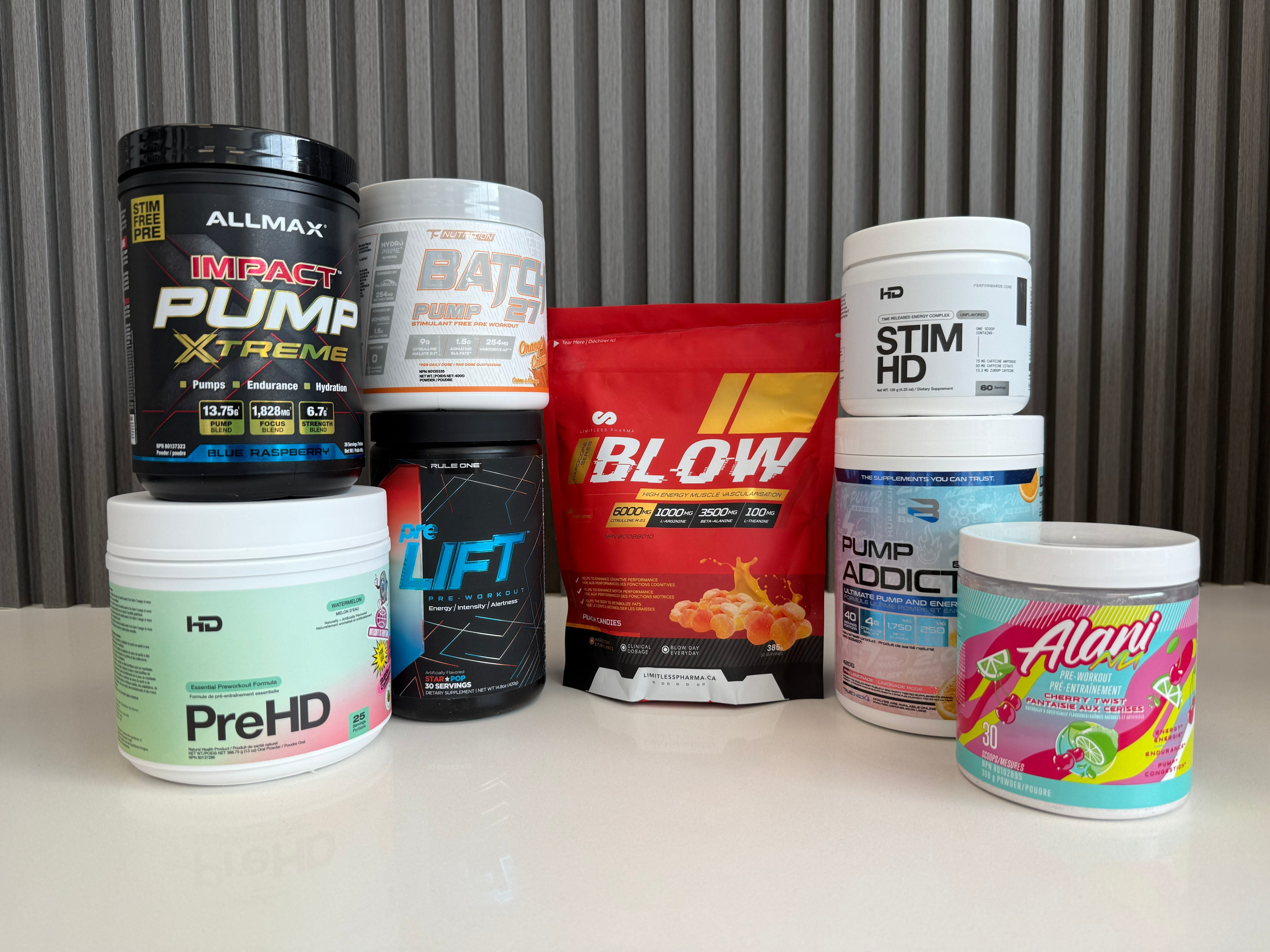
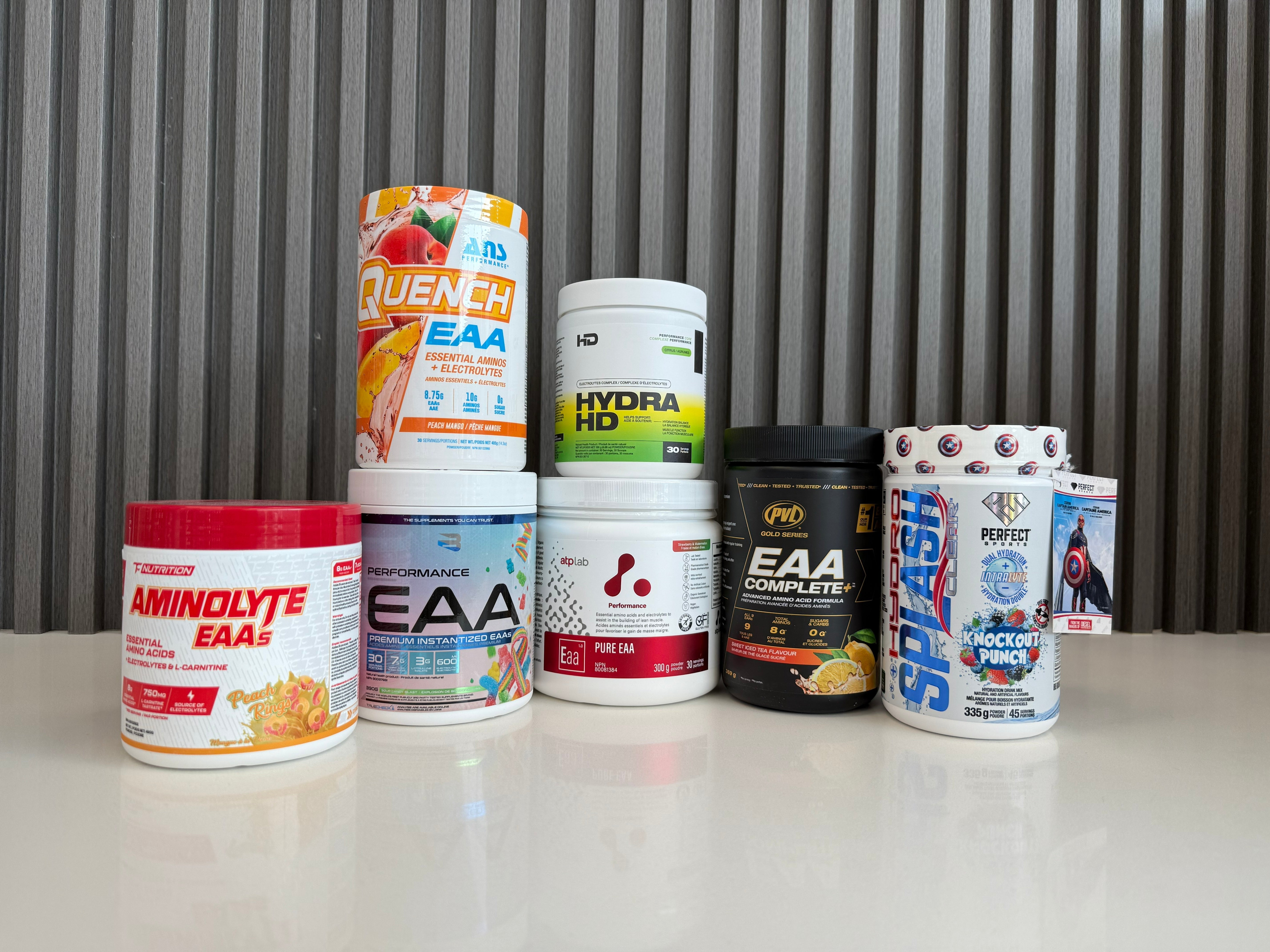
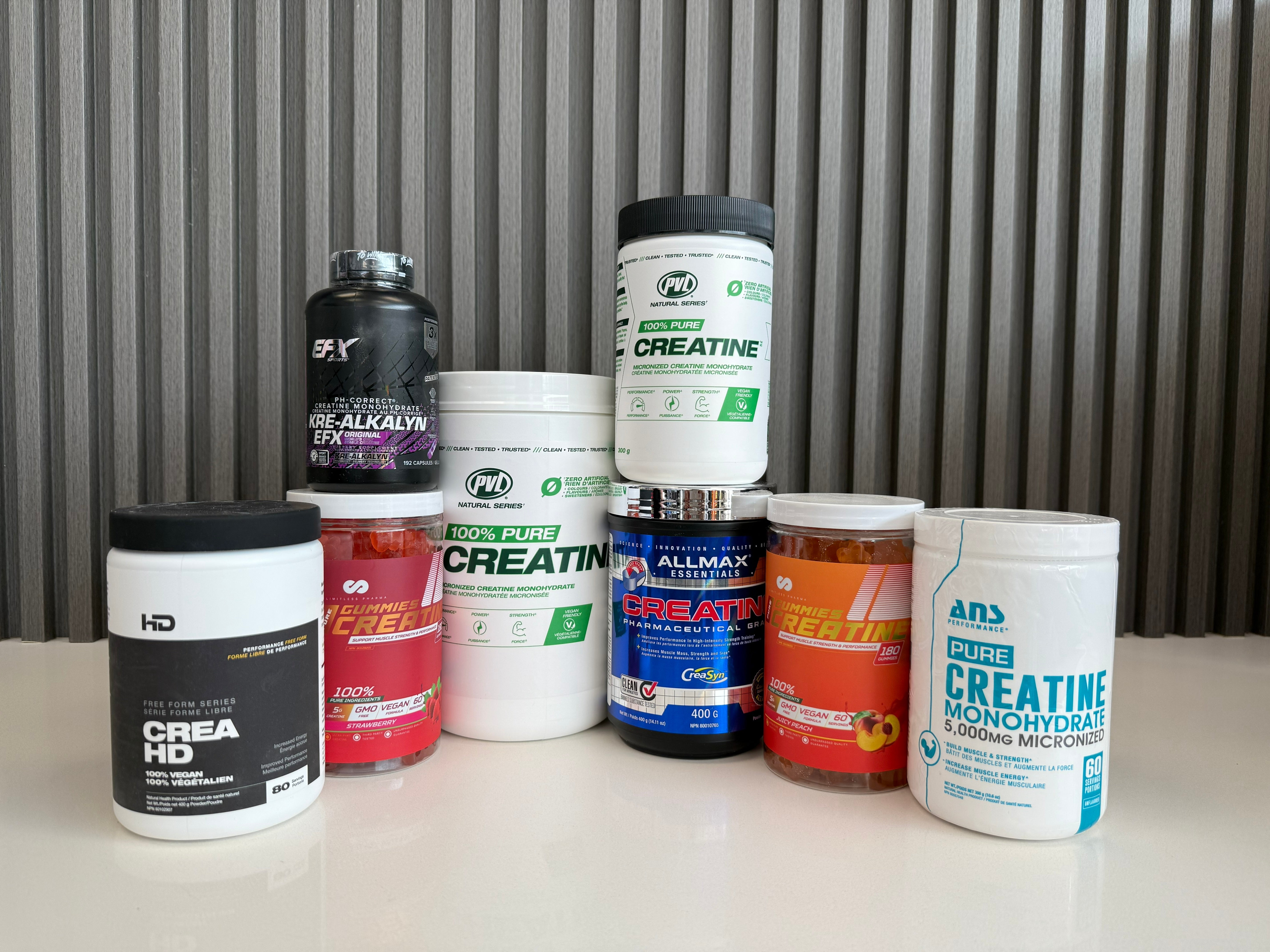
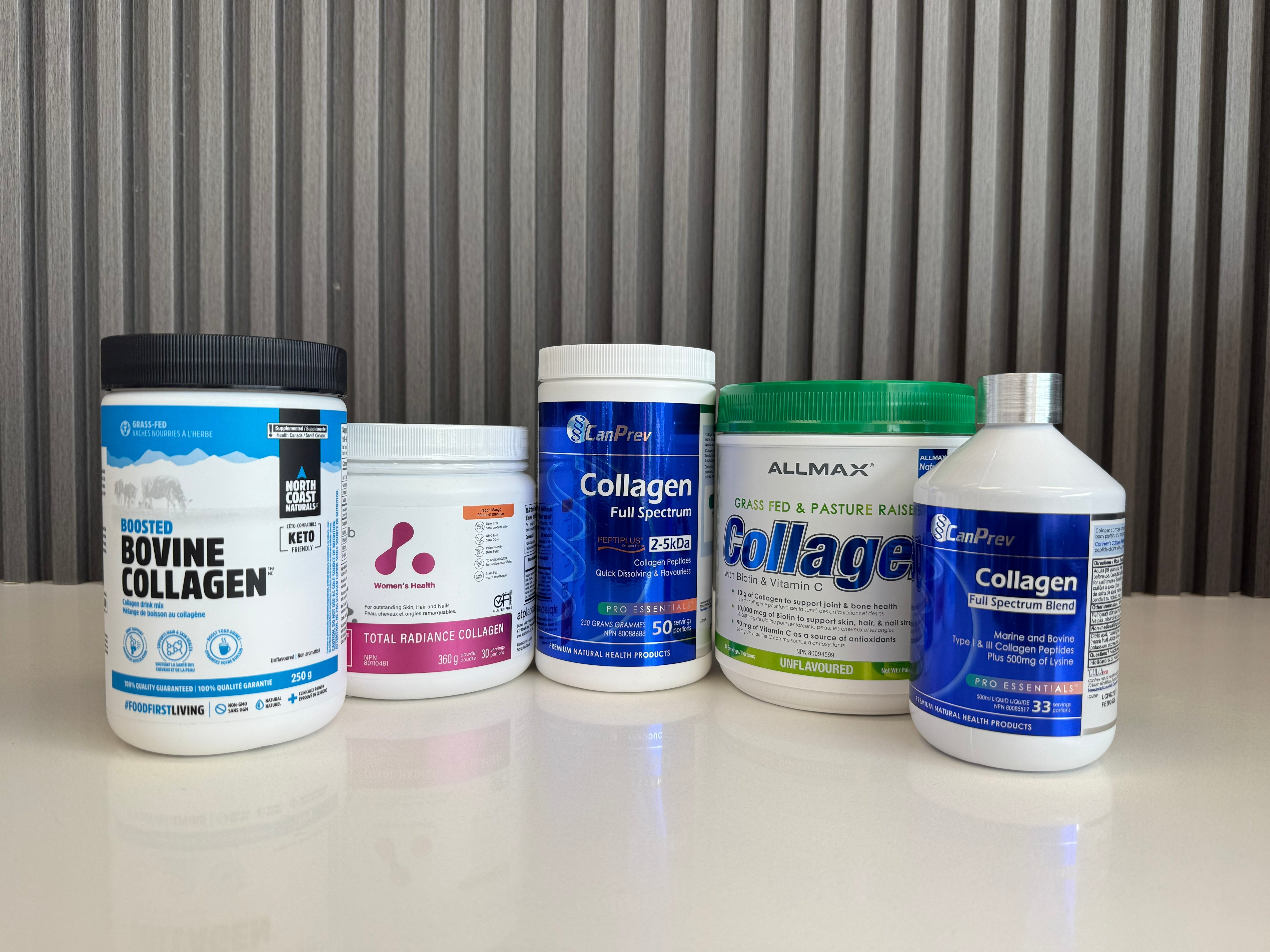
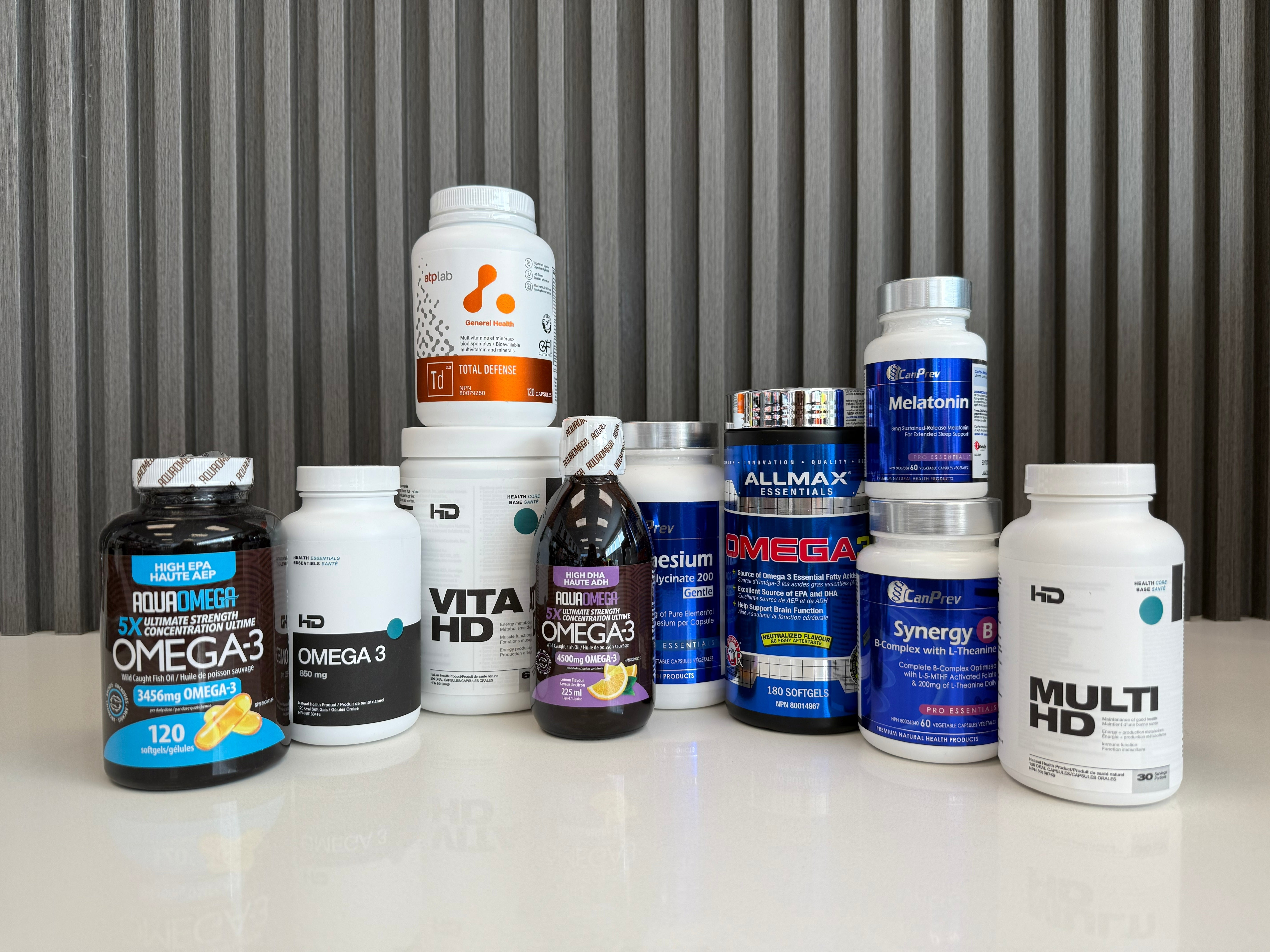
Leave a comment
All comments are moderated before being published.
This site is protected by hCaptcha and the hCaptcha Privacy Policy and Terms of Service apply.